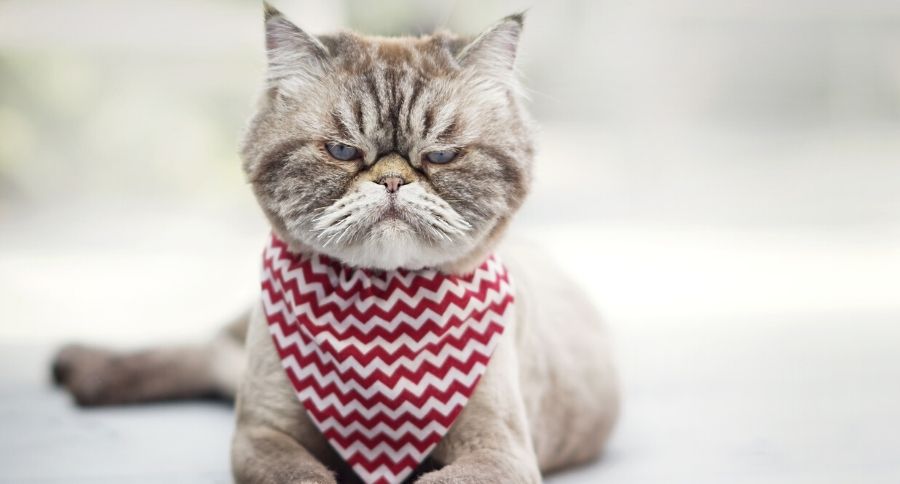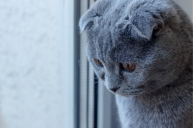What if you see blood in your cat's stool?
In a normal, healthy cat you shouldn't see blood in any stool when you scoop the litter box. You should absolutely have concerns if you do see this and we'll try and provide some insight into why this may be happening to your feline friend.
This is something that should be checked out by your vet. Always save a sample of the stool for your vet visit. It can go in the fridge or be left out but don't put the stool sample in the freezer.
"If your cat's issue is caused by a problem in the lower intestinal tract, the blood will appear bright red and in smears or droplets. If the problem is coming from the small intestine, it will be brown or black in color. For issues regarding the small intestines, blood will resemble coffee grounds."
What causes blood in your cat's poop?
https://www.instagram.com/p/B1HMSauBPQD/
The Spruce Pets tells us about five possible reasons you may see blood in your cat's stool.
1. Diarrhea
Diarrhea can cause irritation of the lining of the lower gastrointestinal tract, leading to bleeding. If your cat has diarrhea they may start to appear bloody after a couple of days.
2. Constipation
If you notice your cat straining then they are likely constipated. This is very common among both cats and dogs. Ruptured blood vessels may cause this and you'll see some blood on the outside of the stool.
3. Growths
Tumor and cysts will both cause blood in the stool. You must look for dark-colored stools. Tech often liken these to coffee ground as the blood is that dark in color. This may mean there is blood in the GI tract somewhere and it's important you head to the vet.
4. IBD or Irritable Bowel Disease
"IBD is known as chronic inflammation in the gastrointestinal tract (specifically the stomach, small intestine, and large intestine), which can lead to vomiting and diarrhea."
5. Trauma
Your sweet cat may have been injured in their anus area. Sometimes rectal polyps can cause bleeding.
What should you do if your cat has bloody stool?
We sound like broken records when we write articles like this but after a day or two if nothing improves you must take your cat in for an exam. Always bring in a stool sample if you can. Always journal what your cat has been eating and how they're behaving.
What does treatment look like?
https://www.instagram.com/p/ByTky1fh4Fp/
Don't worry as your vet will get to the bottom of this. Given the wide range of causes and the diagnostics that must be done the treatment plans will vary. Always follow your vets instructions diligently.
You should add food intolerance to the list of possible causes too. If you change their diet abruptly you may see a change in diet and their bowel movements may become loose or constipation can occur.
Cat poop is an indicator of possible issues with the digestive tract. Your DVM will confirm the problem as hematochezia (blood in stool) can be the result of many issues. We listed five possibilities but intestinal parasites are another. Your vet may ask you to start your cat on probiotics.
After the physical examination, possible X-rays, veterinary care, blood work, and a discussion around medical history your vet will rule out what the problem is. This goes without saying but if you have a senior cat and your seeing loose stool, I would bring your cat in fairly quickly. A senior cat's health is rather fragile and you'll want to make sure the causes of blood aren't serious. A slight change in cat food for older cats could cause issues for their digestive system so make sure to let your vet know all the details about other symptoms like weight loss.
Have you ever needed to rush your cat to the vet for blood in their stool? Please leave us a comment below.
WATCH: Russian Blues Are Sweet Loyal Talkers




